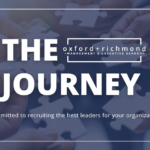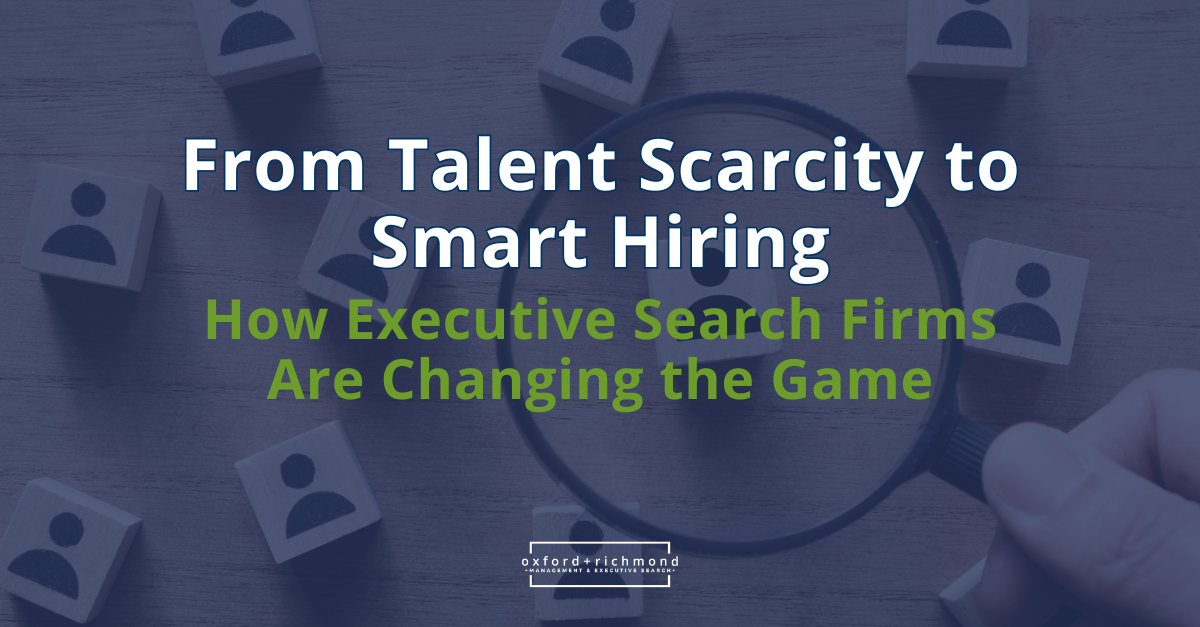The Post Pandemic Leader
We are living through the challenge of our generation. While the impact of the global pandemic remains to be seen, one thing is certain — the world as we know it has permanently changed — and that change has accelerated the need for a new way of leading.
As a progressive boutique executive search firm in Toronto we work with some of the greatest leaders running the most successful companies (large and small). Our reputation has been built on identifying and evaluating leadership characteristics to ensure we secure the best talent for our clients. Different situations call for different types of leaders, however, through discussions with many of Canada’s top leaders and based on our own experience in the field, we believe that real leaders must possess the following 7, often overlapping, characteristics to succeed in our post-pandemic world.
Future forward
It is no secret that innovation has accelerated in response to our current challenges with COVID-19. The fundamental changes to economic activity, societal values and consumer behaviour have ultimately shifted how businesses operate altogether. In order to outmaneuver uncertainty, stay competitive and develop a culture that can quickly adapt to inevitable future challenges, leaders must effectively manage innovation and create a culture that embraces it.
Inclusive
We live in the age of personalization and individuality. Organizations must walk the talk of equity, inclusion and diversity. As such, strong leaders in this new era must recognize their unconscious tendency to identify with people who they think are most like them — this tendency works against an inclusive workplace. A modern leader must recognize their employees as individuals, allow them to think and act in their unique way, and leverage diversity to foster innovation. An inclusive leader ensures an organization celebrates individuality and that it is welcoming to all people at every level of the company.
Flexible
Poor leaders often resort to old routines and do what has worked in the past. It’s comfortable but it stifles innovation and growth. Many organizations with this type of leadership will struggle to adjust to the impact of the pandemic. Strong leaders understand that mistakes will be made as they navigate these uncharted waters. But they must be willing to experiment and adjust course quickly, and they must demand the same level of flexibility from their employees.
Empathetic
This crisis has shocked the world and leaders must acknowledge the severity of the situation with a greater level of compassion than ever before. It is imperative that leaders recognize that employees are much more than agents of the company, but also caregivers, teachers, parents, managers and regular people with responsibilities outside the workplace. In today’s world, employees need leaders who excel at making decisions based on facts but also demonstrate vulnerability and empathy. As Hubert Joly, former Best Buy CEO points out, the countries that seem to be managing this crisis the most effectively (Germany, Taiwan, New Zealand, Iceland, Finland, Norway, and Denmark) are all women-led and their leaders seem to combine a science-based approach with a more human touch.
Purpose-driven
At a time like this, purpose matters most. As Billionaire Mark Cuban stated, “how you act now will define your brand for decades.” Real leaders must lead their companies for the benefit of all stakeholders — including customers, employees, suppliers, partners, communities, and shareholders. A strong focus on purpose can drive significant growth. Employees see purpose as a way to bring meaning to their work and now, more than ever, require this to feel fully engaged.
Grounded
With employees feeling more anxious than ever, it is critical that leaders create an environment where employees feel comfortable communicating how they feel. In doing so, leaders can maintain a better pulse on the organization and adjust their approach as necessary. Employees want certainty and they want to feel safe. They want to be heard and know that their challenges are understood by the leadership team. Leaders must recognize the importance of employee well-being and be vulnerable enough to create an open environment that promotes productive dialogue.
Authentic
In this new era of empowerment, leaders need to be positive, emotionally intelligent, and genuine. Self-interests need to be put to the side, while the goals of the organization must come first. These leaders must remain open and unafraid to admit mistakes and weaknesses. Leaders with a high level of self-awareness, authenticity and strong communication skills will better be able to engage employees and successfully lead the organization into the new normal.
Jason Carmichael, MBA is the Co-founder and Managing Partner at Oxford + Richmond Inc., a progressive, boutique executive and management level search firm.









